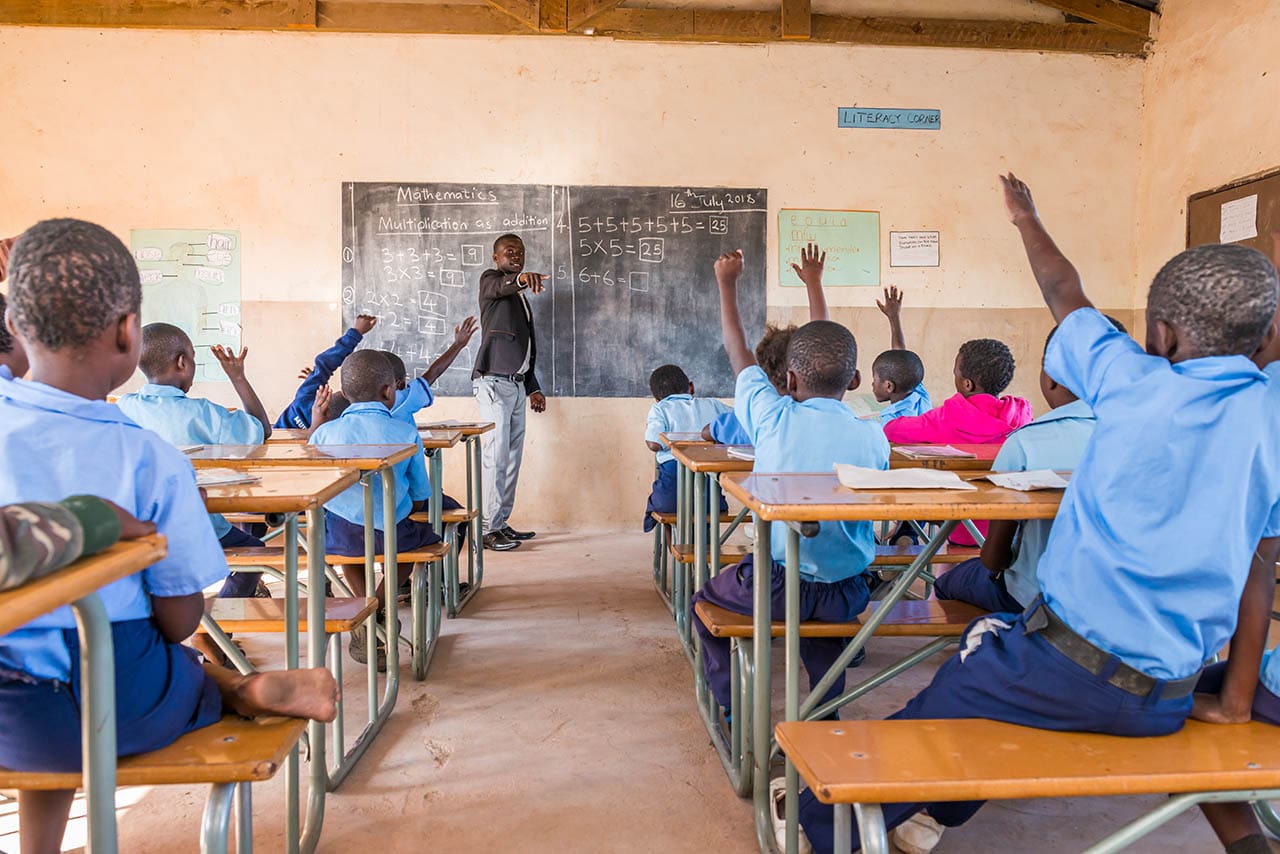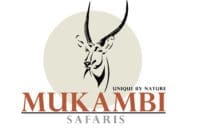
Responsible Tourism
Responsible tourism has to come from a real desire to make a difference. Going green because it is trendy and marketable does not help conservation and communities. For over 14 years we have worked hard to make a difference with responsible tourism.
Use of renewable energy
All our camps run on 100% renewable solar energy and at Mukambi Safari Lodge we were the first in Zambia to install the most environmental friendly battery technology (LiFePO4). The Freedom Won battery gave Mukambi the opportunity to reduce its Carbon Footprint and greatly reduce our negative environmental impact, whilst maintaining the high standard of service.
Mukambi Safari Lodge along with staff accommodation and all facilities operates entirely from the sun and the Freedom Won battery. The battery can withstand the high ambient temperatures in Zambia with no related concerns about lifespan.
Plastic Free
Mukambi strives to be plastic-free – We have water bottles for our international guests which are reusable and can be filled at the water dispenser. These are a wonderful keepsake too. We have introduced glass and biodegradable straws, glass refillable amenities, and biodegradable packaging on all our goods from Lusaka PLUS we use eco-friendly cleaning materials.
Conservation
Conservation plays a major part in everything we do in Kafue National Park. At Mukambi we work closely with several NGOs, including the Zambian Primate Project (ZPP), Panthera and Zambia Carnivore Programme (ZCP), as well as Department of National Parks and Wildlife, supporting anti-poaching as well as other conservation goals. Learn more about ZCP below.
The Zambian Carnivore Programme (ZCP) is a non-profit Zambian registered organization dedicated to the conservation of Zambia’s large carnivores and ecosystems. Together with the Zambia Department of National Parks and Wildlife we have a three-pronged approach to our work:
- Conservation Science: aimed at identifying and evaluating the primary threats to Zambia’s large carnivores and their ecosystems through long-term, field-based work.
- Conservation Action: Guided by science, our actions are aimed at addressing both immediate and future threats such as snaring, habitat loss, disease, wildlife trafficking, and other factors.
- Conservation Empowerment: To ensure sustainability, we endeavor to make our efforts as Zambian-led as possible, and we develop conservation leadership through training, employing and educating aspiring conservationists in all aspects of the work. We also conduct an array of educational programmes in both primary and secondary school levels, support students from secondary level through to international graduate degree programmes, and run intensive training programmes tailored for women in conservation, conservation biologists and wildlife vets.
We currently work with the country’s largest remaining populations of wild dog, cheetah, lion, leopard and spotted hyena, primarily through three field-based projects: the Luangwa Valley, the Greater Liuwa Ecosystem, and the Greater Kafue Ecosystem. We work closely with the country’s wildlife management authority, the Department of National Parks and Wildlife, and collaborate with numerous local and international NGO’s and academic institutions. Currently, our collaborative work provides the only scientific data on large carnivores and their prey throughout much of Zambia, and we are proud that our findings are utilized extensively in guiding conservation policy in the country.
Support of local communities
Long-term conservation only can be accomplished in close cooperation with the local communities. Some of the projects we launched to support the local community included a borehole for clean drinking water, giving the Mukambi Women’s Group an outlet for their handmade crafts in our curio shop, and supporting the local chieftainess with farming inputs, like oxen, ploughs and fertilizer. We also have a job training programme and 50 members of the local community now have permanent employment.
Guests at Mukambi can visit the projects to learn more about conservation and the local communities.
Community School
Over 14 years ago we started our Mukambi Community School to provide education to the local community in an area where no good schools exist. The results are spectacular; the well-equipped school now provides 92 local children with a high standard of education, and we have five teachers in permanent employment. Conservation is an important subject at our school. The school received generous funding from a donor a couple of years ago, which meant they could invest in iSchool Tablets, through which the pupils can engage in active learning as well as developing key IT skills for later in life. Every year all the grade 7 pupils graduate with flying colours and have attained places at secondary schools throughout Zambia. The school is supported by a charity called Cikoko, which you can read about more below.
The Azimai Women’s Group
A group of women (wives of our staff members) get together on a Saturday afternoon to make various crafts that they then sell to several lodges throughout the Kafue National Park. They make bags, clothing (dresses, shirts, headbands) from local chitenge material, baskets of recycled plastic bags, beaded bracelets, basically small stuff guests can carry in their suitcases. It creates an extra source of income for their families.
Staff Development
- Guide Training: For the guides to train and write their guiding exams
- First Aid Training
- Mukambi sends a chef and either a waiter/room attendant to do a 2-week placement at a lodge/hotel in Lusaka. This offers great exposure to other work environments other than Mukambi.
